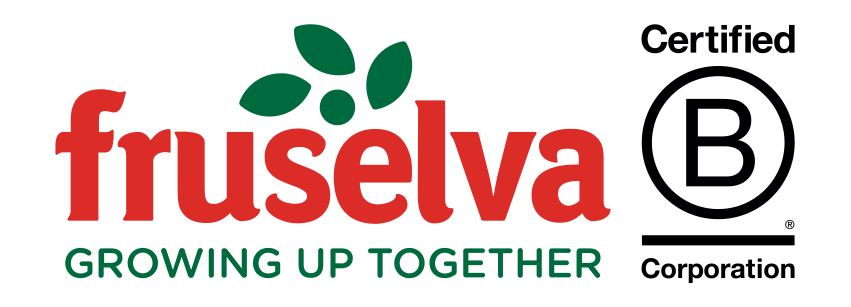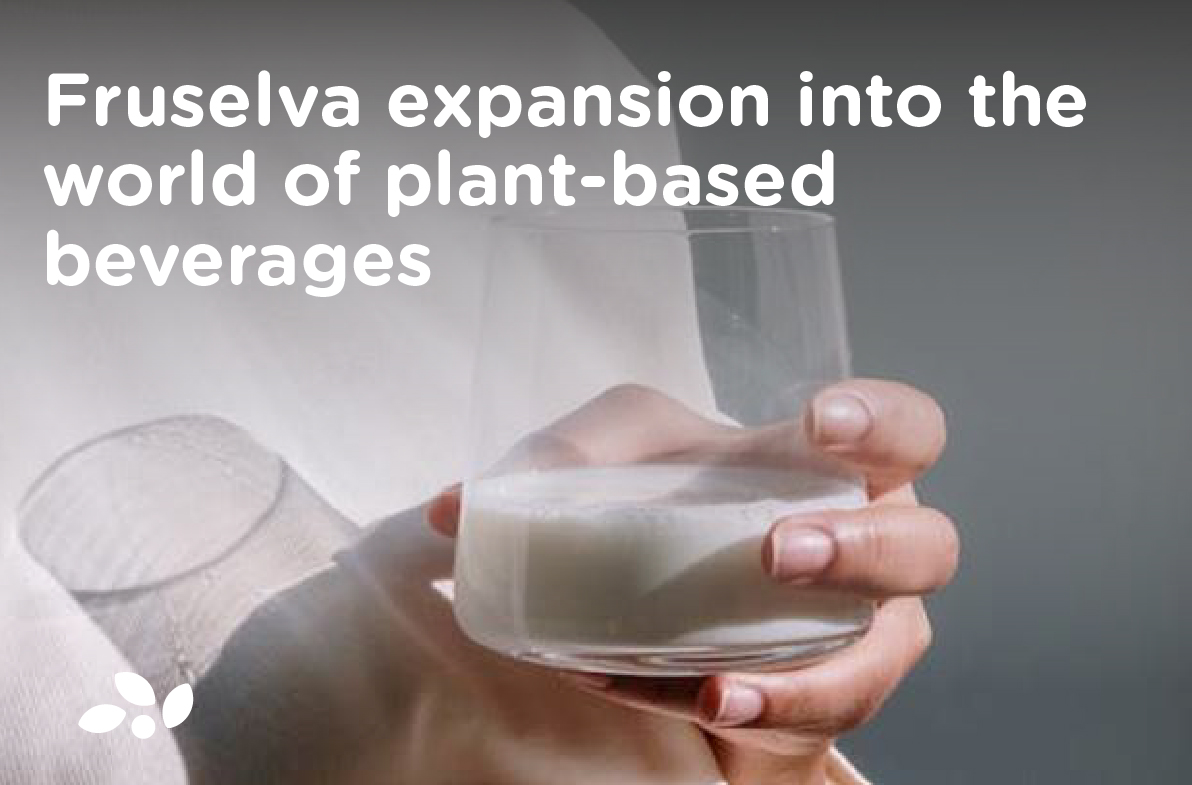The Evolution of Plant-Based Milk Alternatives in the United States: A Nutritional and Environmental Perspective
In recent years, there has been a remarkable shift in consumer preferences towards plant-based alternatives, particularly in the realm of dairy products. One notable trend is the growing popularity of plant-based milk alternatives in the United States. The aim of this article is to explain the evolution of plant-based milk consumption in the U.S., delving into consumption trends, nutritional benefits, and the positive impact on the environment.
Over the past decade, the demand for plant-based milk alternatives has experienced a substantial surge in the United States. Traditional dairy milk has faced competition from an array of plant-derived options such as almond, soy, oat, and coconut milk. According to market research, the plant-based milk market in the U.S. witnessed a remarkable growth rate from 2010 to 2020, reflecting changing consumer preferences and dietary choices.
The shift towards plant-based milk can be attributed to various factors, including health considerations, ethical concerns, and environmental awareness. Many consumers are turning to plant-based alternatives due to their perceived nutritional benefits. Plant-based milks often contain lower levels of saturated fat and cholesterol compared to traditional dairy milk, making them a suitable option for individuals seeking heart-healthy alternatives. Additionally, these alternatives are often fortified with essential nutrients such as calcium and vitamin D, addressing common nutritional concerns associated with a dairy-free diet. The availability of a diverse range of plant-based milk options has also played a crucial role in their increasing popularity. Almond milk, for instance, has gained traction for its light texture and nutty flavour, while soy milk is prized for its protein content. Oat milk has emerged as a favourite for its creamy consistency and sustainable production methods.
In addition to personal health benefits, the adoption of plant-based milk alternatives contributes positively to the environment. The dairy industry is associated with significant environmental challenges, including greenhouse gas emissions, water consumption, and deforestation. Plant-based milk options generally have a lower environmental footprint, with almond and oat milk proving to be particularly sustainable choices. Producing almond milk requires significantly less water than traditional dairy milk, addressing concerns about water scarcity. Oat milk also has a relatively low water footprint compared to dairy milk. Dairy production is a moderate contributor to greenhouse gas emissions, primarily methane. Plant-based milk alternatives, especially those derived from almonds and oats, have a considerably lower carbon footprint. Moreover, the cultivation of crops for plant-based milk often requires less land compared to dairy farming, reducing the pressure on natural ecosystems.
Major food and beverage companies have also responded to this trend by introducing and expanding their plant-based product lines. This includes the development of innovative formulations and flavours to meet the diverse preferences of consumers. The increased availability of these alternatives in mainstream grocery stores has further facilitated their integration into everyday diets.
While the plant-based milk market is flourishing, it is not without challenges. The dairy industry has raised concerns about the nutritional adequacy of plant-based alternatives, emphasizing the protein and vitamin content found in traditional dairy products. However, many plant-based milks are now fortified with essential nutrients to address these concerns.
Additionally, ongoing research and development in the plant-based food sector offer opportunities for further improvement in taste, texture, and nutritional value. The collaboration between the dairy industry and plant-based producers may also pave the way for innovative solutions that combine the best of both worlds.
The evolution of plant-based milk alternatives in the United States reflects a broader societal shift towards sustainable and health-conscious choices. Consumers are increasingly recognizing the nutritional benefits of plant-based milks while appreciating their positive impact on the environment. As the market continues to grow, it is essential to strike a balance between meeting consumer demands, addressing nutritional concerns, and promoting environmental sustainability. The journey towards a more plant-centric diet signifies not only a change in what we consume but also a collective effort towards a healthier, more sustainable future.
Growing Up Together



